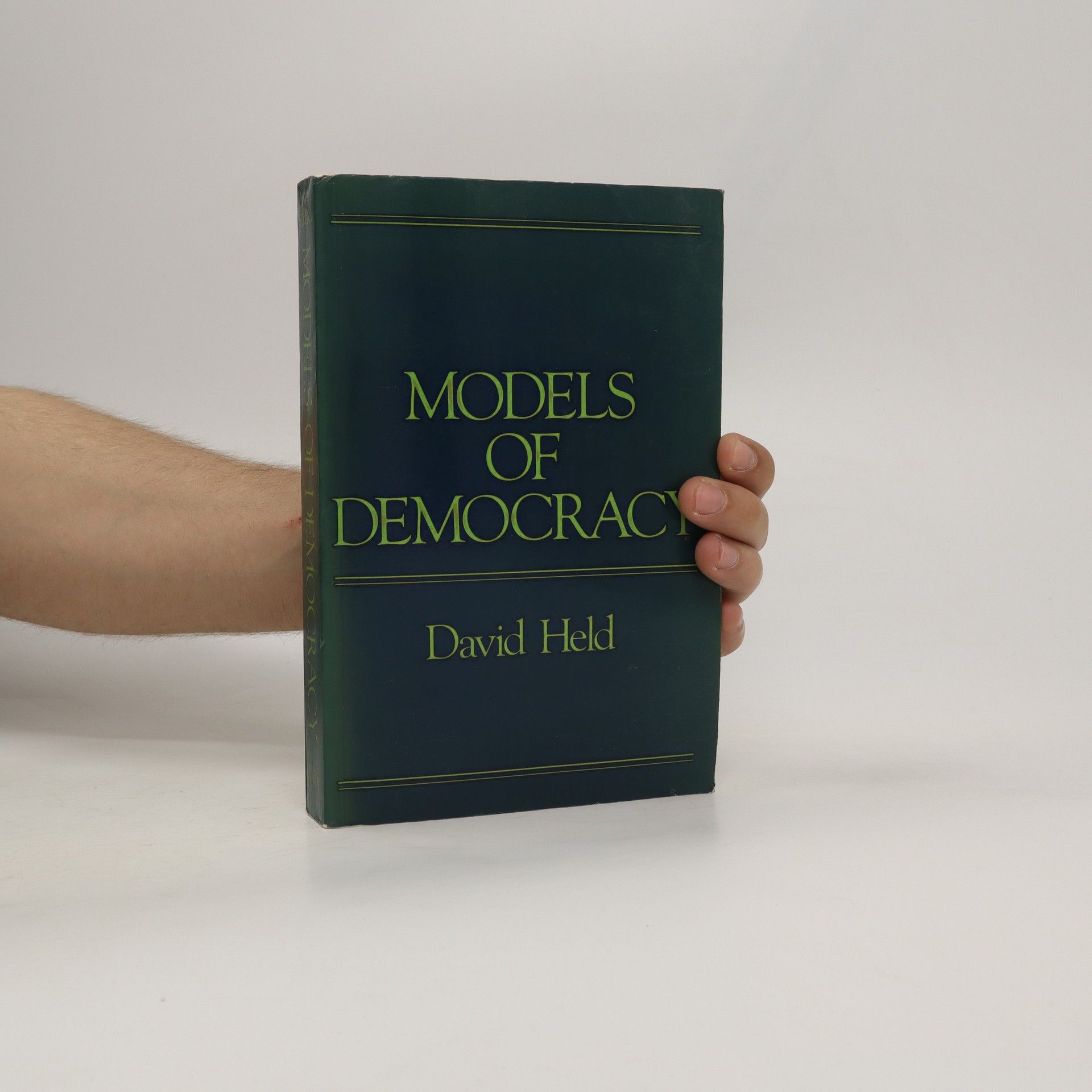Globalizacion/Antiglobalizacion
Sobre la Reconstruccion del Orden Mundial
En este volumen se distingue dos sentidos diferentes de los terminos globalizacion y antiglobalizacion. En el primer caso, se explora si en realidad la globalizacion esta teniendo lugar. Se expone el debate academico entre los que piensan que si esta teniendo lugar -los denominados globalizadores- y los que piensan que toda la discusion sobre el tema es ociosa. A este segundo grupo lo denominan antiglobalizador o, mejor aun, esceptico. Tambien se examina la politica contemporanea de la globalizacion, exponiendo para ello las principales posiciones politicas a favor y en contra. Se elabora un mapa de la compleja politica que en torno a la globalizacion se pretende definir en Washington, Seattle, Genova, Porto Alegre y en otros lugares. Dicho mapa abarca los sentidos familiares del debate sobre globalizacion/antiglobalizacion, tal como aparecen habitualmente en los medios de comunicacion.




